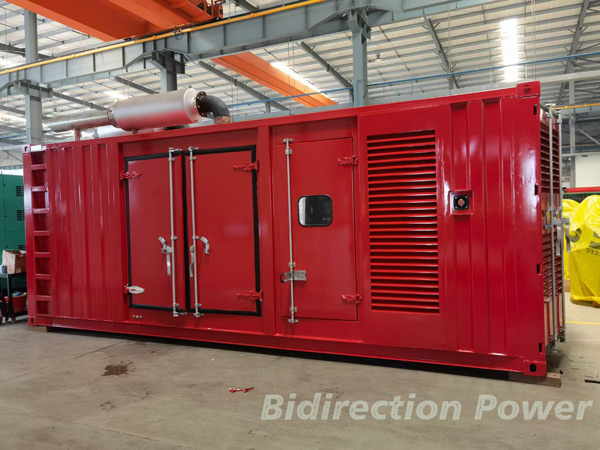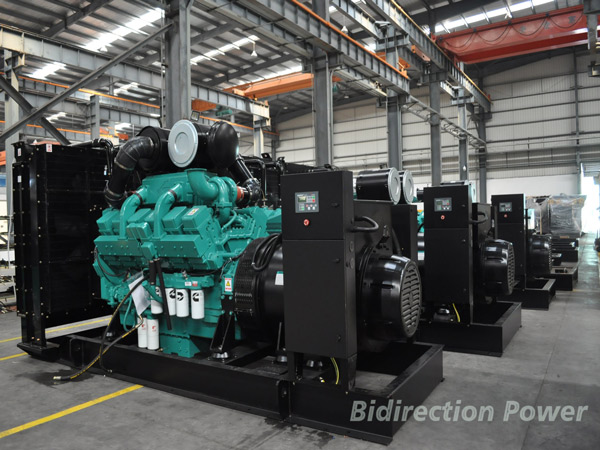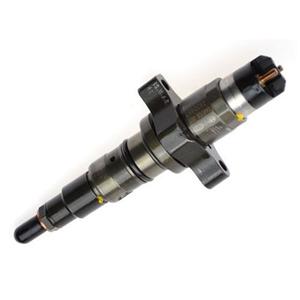What Environmental Factors Can Affect Diesel Generators' Output Rating?
As we know, diesel generators are typically designed to operate most efficiently at or near sea level under standard temperature and pressure (STP) conditions. Besides generators, all other appliances or devices are also conditioned to operate optimally. Any fluctuations in these conditions can cause equipment to operate at lower efficiency.

For generators, any fluctuations under STP conditions can damage them and lead to a drop in output rating. In some extreme cases, the generator may stop working altogether. For most applications, many of these factors are relatively minimal, unless the generator set is operating at an altitude above 5,000 feet or the ambient temperature remains above 100 degrees Fahrenheit for an extended period of time. Special attention should be paid to compensating for these types of extremes, which are discussed further below.
Ambient temperature conditions is very important for the normal ignition and operation of the generator. All generators, regardless of fuel, need enough air to burn. Decreased air levels may cause startup failures. In a diesel engine, air and fuel are mixed together. The compressed air gets hot, and when peak temperature and pressure are reached, diesel fuel is injected and then ignited under given conditions. In a gasoline-powered generator, a mixture of air and fuel is immediately introduced through the carburetor and a spark is induced to ignite the engine. In both cases, however, adequate air is required for proper starting and operation.
Three environmental factors affecting generator functions
1. Altitude
At high altitudes, falling air pressure reduces air density. This can cause problems with generator startup if not considered, as air is crucial for ignition in any type of generator. Another factor affected is the availability of ambient air to facilitate heat dissipation from the generator. The combustion process generates a lot of heat, which needs to be lost to the environment to lower the engine temperature. At high altitudes, the heat dissipates much more slowly than at sea level due to the low density of the air, causing engine temperatures to stay high for a while. Overheating of the engine is a common problem in such cases.
2. Temperature
High temperatures are also associated with lower air density and can cause similar ignition problems due to insufficient air supply. This places a burden on the engine to provide its own designed power. However, it cannot do so because there is not enough oxygen to burn. In many of these cases, the engine overheats and sometimes collapses completely.
3. Humidity
Humidity is a measure of the water content in a given volume of air. Under extremely humid conditions, water vapor in the air displaces oxygen. Low oxygen levels can impair ignition because oxygen is an element in the air that is ignited when fuel is burned in the engine.





